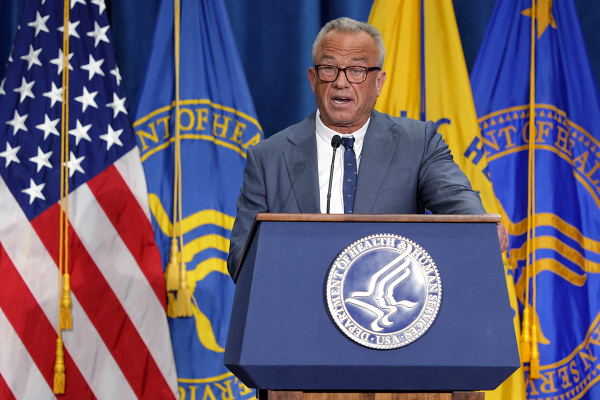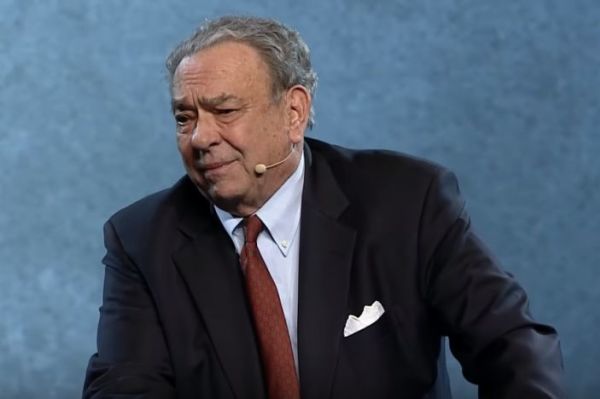Freedom Experts Criticize U.N. Anti-Blasphemy Resolution
Religious freedom experts criticized this week a United Nations anti-blasphemy resolution for most likely hindering Christian evangelism and spreading Sharia law.
"This anti-blasphemy resolution is mostly seen to be putting a 'chilling effect' on Christian work and outreach around the world, and that is a very troubling development for us," said Carol Moeller, president/CEO of Open Doors, according to Mission Network News.
The non-binding U.N. resolution was first introduced by Pakistan and the Organization of the Islamic Conference at the U.N. Human Rights Council in 1999. It was amended to include religions other than Islam, and has since passed every year.
In 2005, Yemen proposed a similar resolution before the General Assembly and now the 192-nation Assembly is set to vote on it again.
Resolution 62/145, which was adopted in 2007, says it "notes with deep concern the intensification of the campaign of defamation of religions and the ethnic and religious profiling of Muslim minorities in the aftermath of September 11, 2001."
It "stresses the need to effectively combat defamation of all religions and incitement to religious hatred, against Islam and Muslims in particular."
Despite good intentions, Moeller said, "The reality is that wherever Christianity and Islam come into relationship with each other in the culture, the net effect has been for Christian evangelism to be silence or to be intimidated through this act."
Although the resolution is non-binding, it has been passed several times giving it a kind of authority and, in effect protecting militant Islamists who retaliate against perceived offenses, Moeller said.
"The slope is so slippery because everything that purports to criticize Islam is considered 'blasphemy.' Anything that promotes another religious viewpoint, like Christianity, is considered 'blasphemy,'" he said. "It really becomes the ultimate weapon against free religious speech around the world."
Similarly, the U.S. government mission in Geneva said in a statement to the U.N. Human Rights Council in July that "defamation-related laws have been abused by governments and used to restrict human rights" around the world, according to Fox News.
Former U.N. Ambassador John Bolton commented, "It's obviously intended to have an intimidating effect on people expressing criticism of radical Islam, and the idea that you can have a defamation of a religion like this, I think, is a concept fundamentally foreign to our system of free expression in the United States."
Other religious freedom advocates have also disapproved of the resolution, including Kevin "Seamus" Hasson, founder and president of the Becket Fund for Religious Liberty, and Paul Schriefer, advocacy director for Freedom House.





















